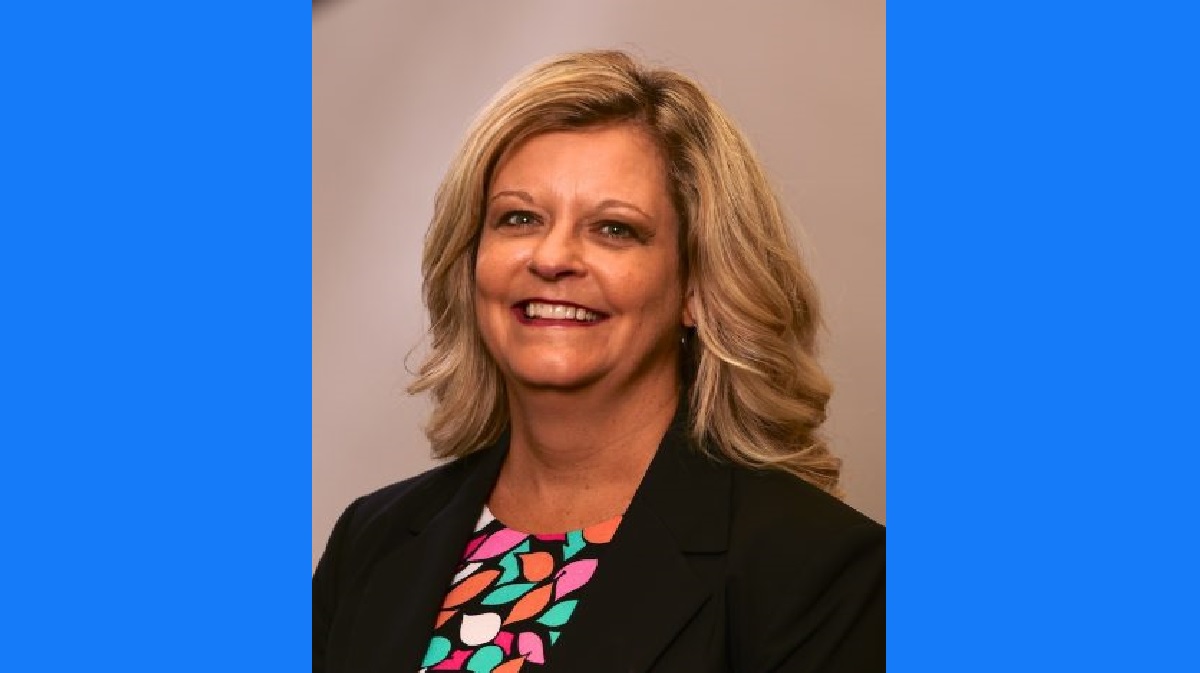Since the return to classrooms after COVID-19, parents, teachers and education leaders across the country have reported a rise of disciplinary issues in schools. A new resource should help create a greater understanding of the emerging issue.
Since the return to classrooms after COVID-19, parents, teachers and education leaders across the country have reported a rise of disciplinary issues in schools. A new resource should help create a greater understanding of the emerging issue.
During the Dec. 14 meeting of the West Virginia Board of Education, State Superintendent David Roach directed the West Virginia Department of Education to expand the scope and depth of the July 2022 School Discipline Report to address issues more effectively and develop a plan moving forward.
At Wednesday’s BOE meeting the creation of a public, statewide dashboard to promote transparency and accountability around school discipline was announced.
Drew McClanahan, state Department of Education director of instructional leadership and school improvement, said the dashboard will help all community members better understand where and how school discipline is occurring.
“This one dashboard will give community members, will give parents, will give everyone the opportunity, to see at the county level even at the school level, what types of discipline interventions are being provided,” he said. “Are we seeing that 80 percent of our students are being suspended? Are we seeing that 66 percent of the time that a student is referred for discipline, they’re put in school suspension? That’s important for our parents. It’s important for our administrators as well because we should be the largest advocate for transparency as we can.”
McClanahan identified four aspects of the state’s response to issues of discipline and disproportionate suspension: training and support, accountability pieces, policy requirements, and responsibility. He said that classroom management training will continue to be offered, as well as school culture training, across the state.
“I think it’s important for next steps that we continue these conversations, that we continue to find the questions,” he said. “Do we have disproportionate numbers? It appears as though we have disproportionate numbers. Why is that? What’s going on? Why are we seeing these issues?”
Georgia Hughes-Webb, state Department of Education director of data analysis and research, presented statewide school discipline data to the Board of Education. One of the biggest takeaways she had from her analysis of the data was the number of instructional days students were losing to suspension and other disciplinary actions.
“As a consequence of those incidents, there were almost 67,000 suspensions given to 28,702 students. For those suspensions both in school and out of school, our students lost almost 178,000 instructional days,” Hughes-Webb said. “Each student who was suspended lost on average six instructional days in the classroom.”
Hughes-Webb also said the data showed significantly higher rates of suspension for Black and foster care students.
“When we look at our foster care students, they lost 9.2 days of instruction due to suspension on average,” she said.
The data showed a similar rate of lost instructional days for Black students, who are disproportionately suspended.
“Black students account for 4 percent of our population, but they also represent 16 percent of all students who were suspended for more than 10 days,” Hughes-Webb said. “So that’s quite a discrepancy.”
The data was not exclusive to suspensions, although according to the presentation 56 percent of disciplinary referrals in the state result in a suspension. Hughes-Webb also looked at rates of formal discipline generally and went on to show that Black and other students of color were more likely to be disciplined than their white peers.
“Although 19 percent of all students were referred for disciplinary incidents last year, 31 percent of our Black or African American students were referred for disciplinary incidents,” she said. “Twenty-four percent of our multiracial students were referred, compared to about 18 percent of our white students.”
Board member Debra Sullivan called the presentation a blueprint and an opportunity to change the dynamic around school discipline.
“That’s going to take a change in perspective,” she said. “Now it’s nobody’s fault. Everybody’s problem. Everybody has to get involved, not just our schools but our families, our businesses, our health care providers.”
Superintendent David Roach pointed towards Communities in Schools as a likely partner in reforming disciplinary issues.
“They make the difference, they make the connection. Teachers can’t make that home connection. They try but they can’t. A counselor can’t do it,” Roach said. “That coordinator can tie in all the agencies, everything, get their visit to home and find the problem and help build a relationship with the school.”
